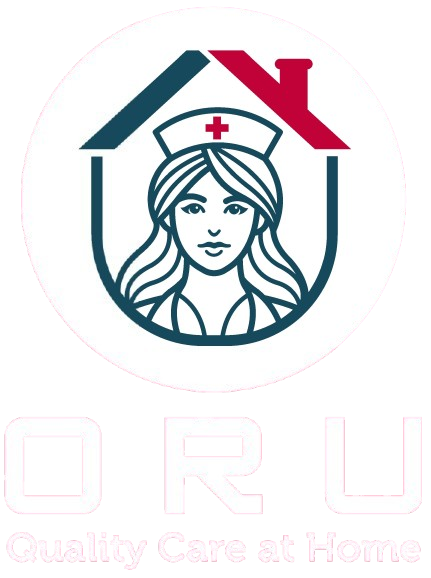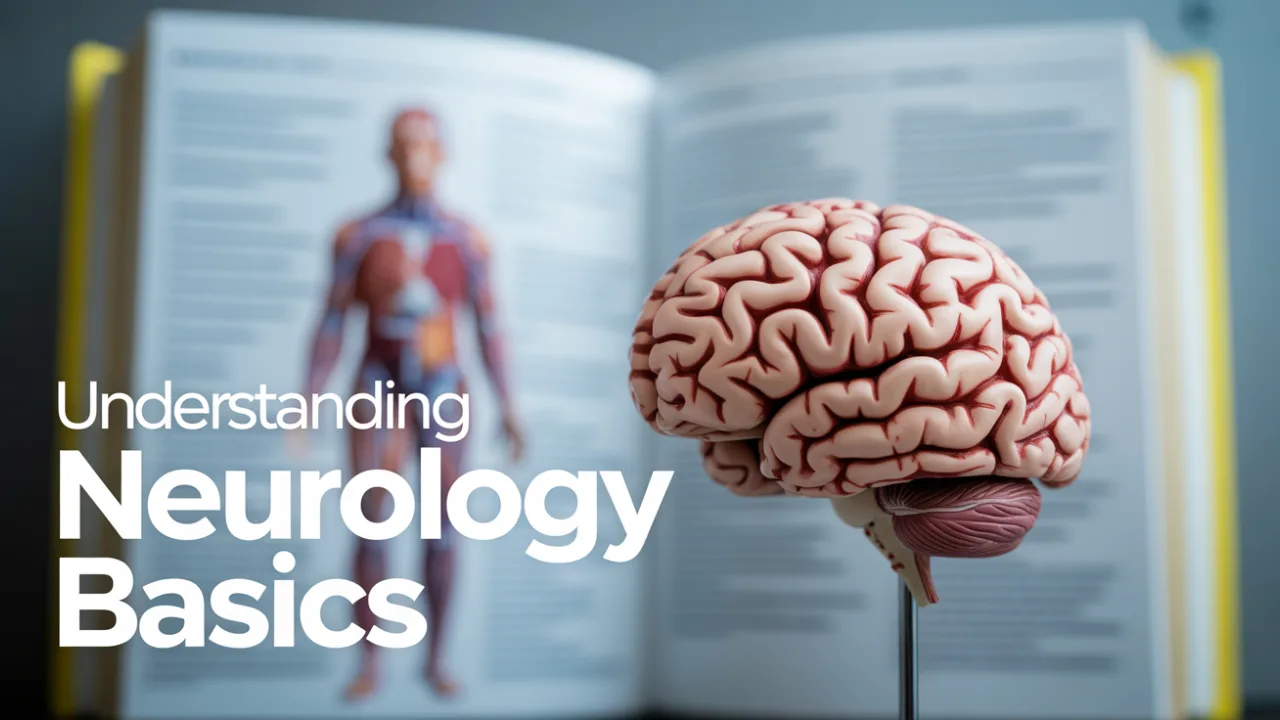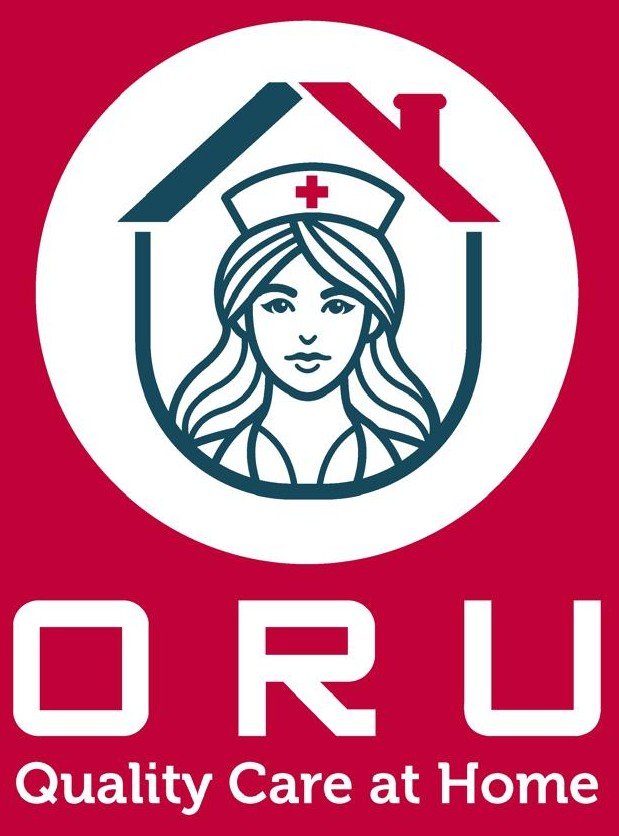Basics of Neurology: A Comprehensive Overview
Have you ever wondered what makes your brain so tricky, or how the complex nerve networks in your body operate seamlessly, keeping you moving and thinking? Well, all the answers lie here. Nerves are a very intricate network that ensures your body operates properly.
However, any disruption leads to serious neurological disorders that affect the quality of life. However, the field of neurology investigates both the structural and functional disorders of the brain and nervous system and explores how these conditions influence cognitive function, behavior, and overall health.
Also, it bridges the scientific discovery with patient care, enabling early diagnosis and treatment of diseases that may otherwise progress unnoticed. Moreover, understanding how the central nervous system operates is essential to preventing, detecting, and managing illnesses that can significantly affect daily life.
Key Statistics
Neurological conditions: massive and growing global problem — ~3.4 billion affected in 2021; 11.1 million deaths.
Neurological disorders significantly affect the elderly people, where the severity ratio ranges between 5% to 55% and is found among those people aged 55 and older.
Young strokes: ~10–15% of strokes occur in young adults (18–50), and incidence/absolute numbers among young adults have risen (≈+36% incident cases from 1990→2021 in one global analysis).
In India, the stroke burden is rising; and the young-onset stroke is increasing.
In India, approximately 387 doctors graduate from Indian universities with postgraduate degrees in neurology and neurosurgery each year.
The National Board of Examination also produces an additional 44 specialists annually. This brings the number of new neurologists and neurosurgeons in India to around 431 annually.
Unlocking the Mysteries of Neurology
The nervous system shows the study of nerves structure, function, and disorders. But, before delving deeper, you deserve a generic overview on this. Nervous system and nerves are responsible to orchestrate everything from correct movement and sensation to proper thought and memory. However, this intricate network always ensures the body operates in the correct manner, but when disrupted, it can lead to serious neurological disorders affecting life and living.
Similarly, the field of neurology not only investigates the structural and functional disorders of the brain and nervous system, but also explores how these conditions influence cognitive function, behaviour, and overall health. Neurology is a branch that bridges the gap between scientific discovery with patient care. Therefore, helps with early diagnosis and treatment of different diseases related to brain and nerves.
From movement disorders to degenerative conditions, understanding how the central nervous system actually operates is essential. It helps to prevent, detect, and manage diseases that might harm people.
The Job Role of a Neurologist
What is the role of a neurologist? — They are specialists in diagnosing and treating disorders of the nervous system. However, they treat patients with complex neurological syndromes by understanding and assessing the condition of the brain and spinal cord and peripheral nerve disorders. Also, neurologists perform accurate diagnoses, apply effective treatment options, and provide the best disease management for patients suffering from severe neurological issues.
Similarly, when it comes to proper clinical practice, neurologists work closely with other specialists — such as neurosurgeons, rehabilitation therapists, and psychologists. Whether for treating brain tumour, multiple sclerosis, or addressing sleep disorders, they neurologists can manage such issues better. Also, they play a vital role in diagnosing and treating both acute and chronic nervous system disorders.
Furthermore, neurologists educate patients and their families by explaining different conditions, treatment plans, and necessary lifestyle changes. The correct guidance always empowers patients to make some informed choices.
What Are Common Neurological Disorders to Address
There are neurological disorders that affect millions worldwide. A recent study found that over 3 billion people live with a neurological condition, which is more than one-third of the world’s population. However, each of these neurological disorders impact the nervous system differently. Let’s learn how –
- Migraines – More than just headaches, migraines involve severe pain, nausea, and sensory sensitivity. So, identifying the correct triggers and using some preventive treatments can help reduce their impact on the brain.
- Epilepsy – Characterized by abnormal electrical activity in the brain, epilepsy causes recurrent seizures. However, two effective and popular detection methods, such as Magnetic resonance imaging (MRI) and electroencephalography (EEG) – help to properly diagnose.
- Multiple Sclerosis (MS) – It is an autoimmune disease affects the central nervous system. However, Multiple sclerosis also disrupts communication between the brain and body. Therefore, leads to fatigue, weakness, and even serious coordination problems.
- Parkinson’s Disease – Almost 10 million people worldwide are suffering from Parkinson’s disease currently, as per the reports of the Parkinson’s Foundation. It is a movement disorder marked by tremors, stiffness, and slowed motion. While progressive, medications and brain stimulation techniques can improve the symptoms of such diseases.
- Alzheimer’s Disease – Alzheimer, one of the most common causes of dementia. It often leads to memory loss and cognitive decline. As per 2021 data, approx 57 million people had dementia worldwide, and, unfortunately, there are nearly 10 million new cases every year.
However, early detection of such neurological conditions is necessary because these can improve living besides slowing the progression.
Some Effective Diagnostic Procedures in Neurology
Accurate diagnosis and treatment in neurology always depend on some advanced neuroimaging and clinical evaluation. Here are some of the most effective procedures –
- Magnetic Resonance Imaging (MRI) – Uses magnetic fields to produce detailed brain and spinal cord images. It helps identify brain tumours, lesions, or structural and functional disorders.
- Electroencephalography – EEG scans records different brain activities to diagnose epilepsy and other conditions affecting electrical signalling.
- Computed Tomography (CT) – This rapid imaging technique is often used in emergencies to detect strokes, bleeding, or traumatic brain injuries.
- Lumbar Puncture – It detects and assess the cerebrospinal fluid for infections or diseases. This affects the overall nervous system.
- Neurological Exams – This procedure assesses the reflexes, muscle strength, coordination, and sensation. Thus, neurologists can easily detect some functional disorders of the nervous system.
Moreover, by combining some of the latest imaging studies with clinical assessments, neurologists can achieve an accurate diagnosis and tailor the best treatment plan according to the patient’s condition.
Neurological Disorders: Innovative Treatment Options
Treating disorders of the nervous system requires a comprehensive approach and by understanding it from depth, proper treatment can be provided.
- Medications – The right medications can easily control seizures, reduce inflammation, manage pain.
- Neurosurgery – Performed by a skilled neurosurgeon, neurosurgery always addresses different conditions such as brain tumors, aneurysms, or epilepsy unresponsive to medication.
- Physical Medicine and Rehabilitation – Physical therapy has the potential to restore movement, improve balance, and maintain independence for patients recovering from traumatic brain injuries or living with chronic neurological diseases.
- Cognitive and Behavioural Therapy – This approach improves memory, attention, and boosts confidence. Patients experiencing dementia or suffering from brain injury can get the best assistance with rehabilitation.
- Lifestyle Modifications – Healthy diet, exercise, and sleep management always support the medical treatments, making progress faster.
The correct treatment options aim to address symptoms and enhance overall brain and nervous system health.
Studies in Neurology: Some Advancements
The recent studies in neurology are revolutionizing the field of neurology and emphasizing more on better clinical practice related to it:
- Neuroimaging Innovations – High-resolution MRI and other imaging techniques enable earlier detection and better localization of critical neurological issues.
- Genetic Research – Identifying markers works best for neurodegenerative diseases like Alzheimer’s. It assists neurologists in applying new treatments tailored to individual needs.
- Neuroplasticity Studies – It is the research into the brain’s ability to adapt to some rehabilitation methods for patients with neurological conditions. Thus, the chances of recovering from strokes or brain injuries are getting higher.
- Brain Stimulation – Deep brain stimulation and transcranial magnetic stimulation improve outcomes for movement disorders and treatment-resistant depression.
These advancements in neurological studies are moving the field of neurology toward more personalized and effective care.
Neurological Insights Through Neurology Research
Ongoing research in neurology can uncover complex neurological insights and delve deeper to explore the causes of neurological disorders and innovative solutions:
- Neurodegenerative Disease Research – It explores the proper mechanisms behind Alzheimer’s, Parkinson’s, and other chronic conditions. However, it slows down the progression of diseases.
- Brain Injury Recovery – The effects of brain damage are critical. So, developing therapies with accurate diagnosis is necessary. Therefore, the studies in neurology leverage brain plasticity and assist in restoring lost functions after traumatic brain injuries.
- Neurogenetics – Studying genetic factors influencing nervous system disorders allows neurologists to create targeted treatments, and neurologists can perform the best clinical practices.
Moreover, the American Academy of Neurology also supports neurologists to diagnose and treat neurological disorders more efficiently. These, as a result, improve the lives of patients and their families.
Role of Rehabilitation in Neurology
Neurological rehabilitation is one of the most vital and critical aspects when it comes to recovery for patients with brain and spinal cord injuries, movement disorders, or even with degenerative diseases. Patients regain independence and improve different functioning through physical medicine and rehabilitation and speech therapy.
Also, new treatments and rehabilitation programs are specifically tailored to each patient’s needs, addressing physical, cognitive, and emotional aspects. Furthermore, some advances in rehabilitation technology, including robotic-assisted therapy and virtual reality exercises, are successfully treating and enhancing outcomes.
Conclusion
The study of the nervous system is necessary to understand, diagnose, and treating some complex neurological disorders.
Thanks to the modern healthcare field, it continues to evolve from advanced neuroimaging methods to groundbreaking research in neurodegenerative diseases.
It offers hope, guidance, and better care to patients and their families.
Moreover, by recognizing different neurological disorders and their symptoms early, a skilled neurologist can provide specialized care — embracing medical and lifestyle-based treatment options.
Thus, patients can successfully improve outcomes and maintain a better quality of life. In the end, we believe that the best neurology care combines scientific innovation, patient-entered treatment, and ongoing research to protect and restore the health of the brain and nervous system.






